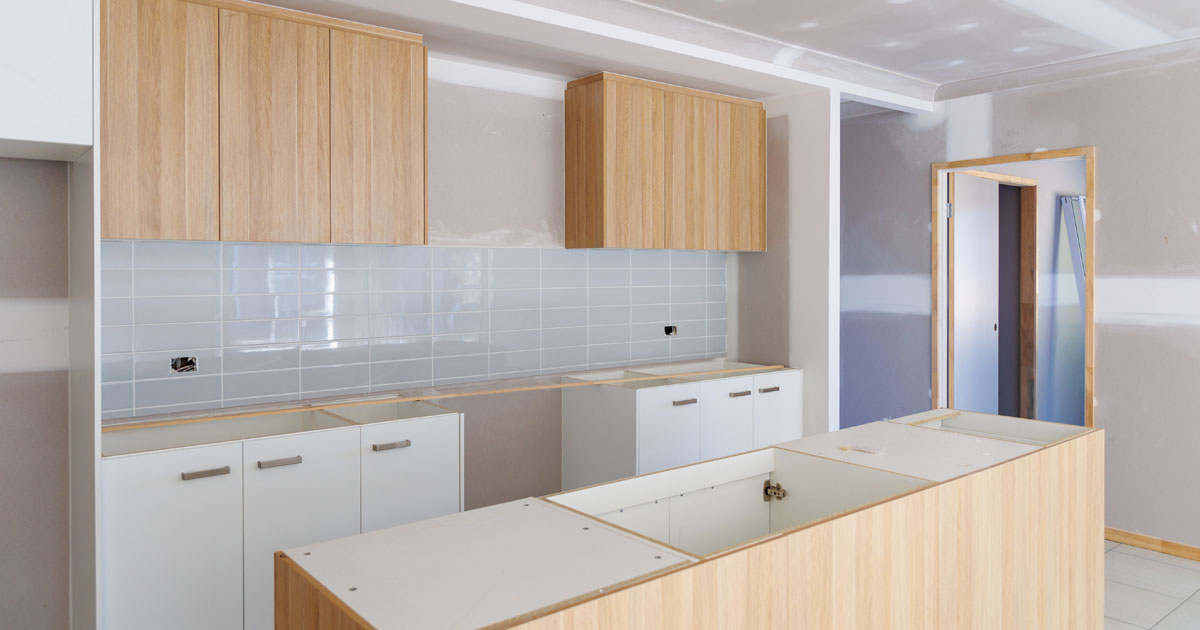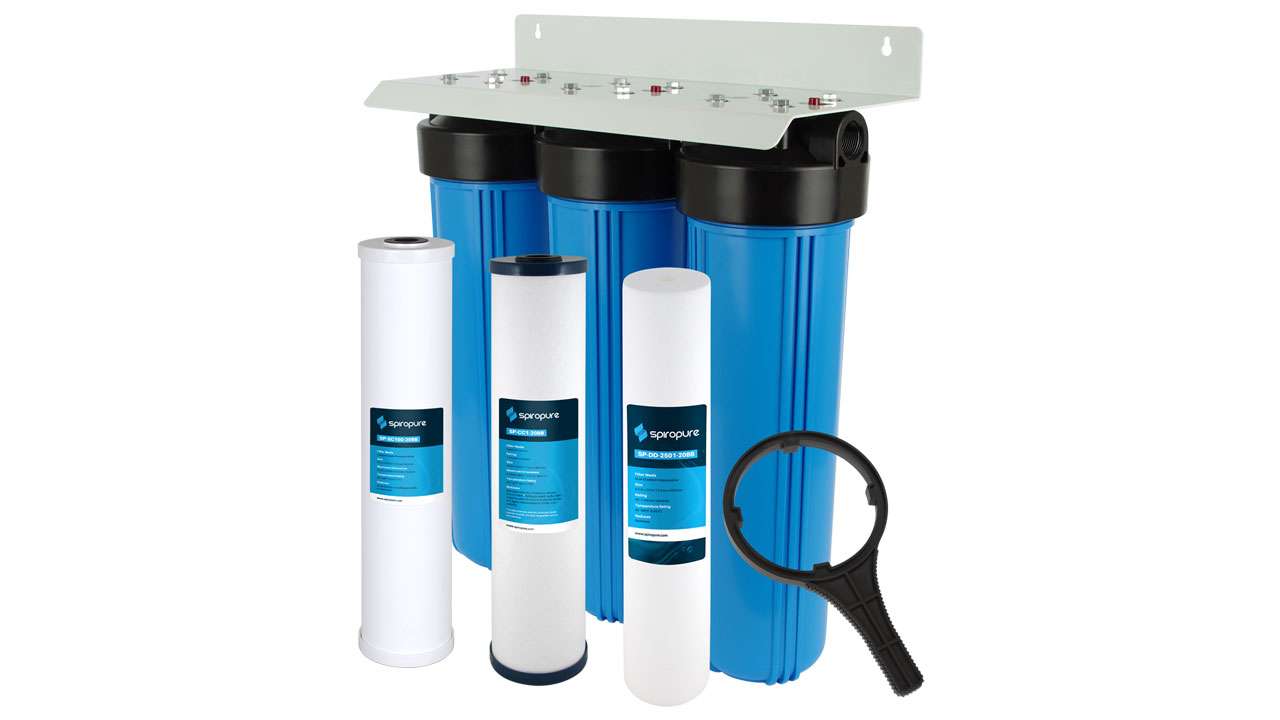Planning Your Residential Water Filters During New Home Construction
 Andrew
November 26, 2025
#newconstruction
#newhome
#reverseosmosis
#wholehome
Andrew
November 26, 2025
#newconstruction
#newhome
#reverseosmosis
#wholehome

Does a Water Filter Add Value to a House?
Quality water filtration delivers immediate daily benefits that homeowners notice with every glass of water, every shower, and every meal.
Beyond enhancing daily life, home water treatment systems can increase property value by addressing buyer concerns about water quality. This consideration is especially true in areas with known water issues or for homes on well water.
Smart planning starts with obtaining your area's Consumer Confidence Report (Water Quality Report) before breaking ground. This water quality report reveals what contaminants you're dealing with, helping you choose between whole-house systems, point-of-use filters, or both. For homes digging new wells, comprehensive testing will be a given since well water isn't regulated by EPA standards.

Consider these strategic upgrades during construction:
- Point-of-entry systems: Install whole-house water filters while plumbing is exposed and easily accessible
- Kitchen preparation: Ensure adequate under-sink space for water filtration such as reverse osmosis systems
- Smart plumbing: Run lines from a single RO unit to both the kitchen faucet and refrigerator, eliminating the need for separate refrigerator filters, or research refrigerators with refrigerator filters that are easy to replace. Consider this a warning: some refrigerator filters are very specialized, and very expensive.
- HVAC considerations: While you're thinking about filtration (and we know what that's like), specify the inclusion of a larger filter cabinet for your HVAC system that accommodates 3–6" whole-house air filters such as the popular 4" size for superior air filtration.
How Much Does an Entire House Water Filtration System Cost?
Initial investment in residential water filters varies widely based on your needs. Basic sediment and carbon systems start around $300–500, while comprehensive whole-house setups with water softeners can reach $2,000–5,000. Factor in annual replacement costs: $100–300 for whole-house filters, with significant savings available through aftermarket options like SpiroPure brand replacements.
Note that whole-house reverse osmosis, while less common, is an option for serious water issues, but out of reach cost-wise for most home owners and not necessary for most situations.
The most cost-effective approach often combines point-of-entry treatment for primary concerns with point-of-use systems for drinking water. This provides comprehensive coverage without over-treating water used for irrigation or cleaning.
Remember, while existing homes can add filtration later, the convenience and cost savings of planning ahead make water treatment an essential consideration in new construction. Start with testing, understand your specific needs, and work with your builder to integrate solutions that will enhance your home's comfort and value for years to come.






